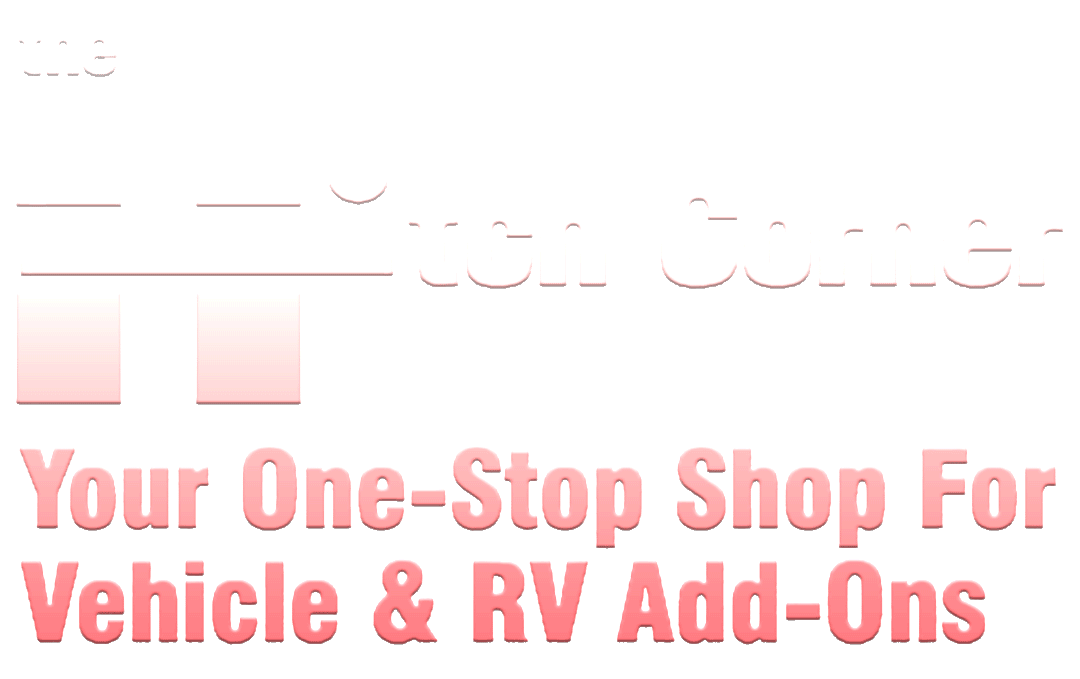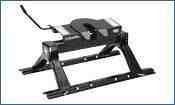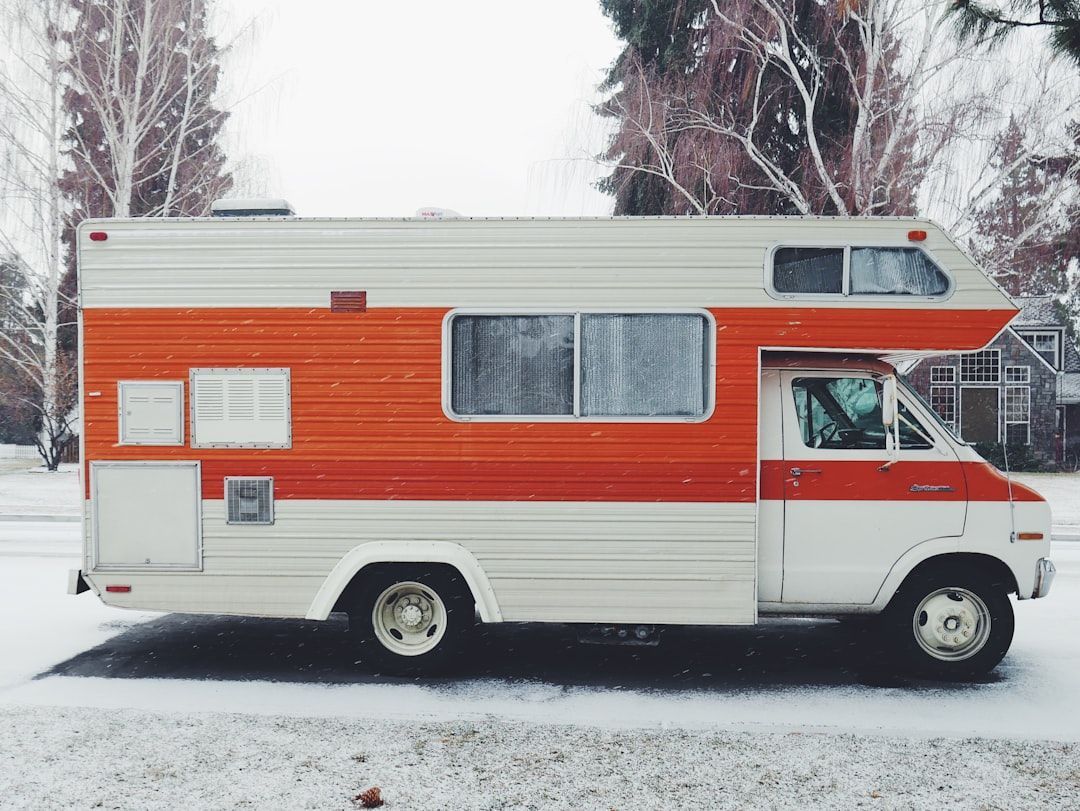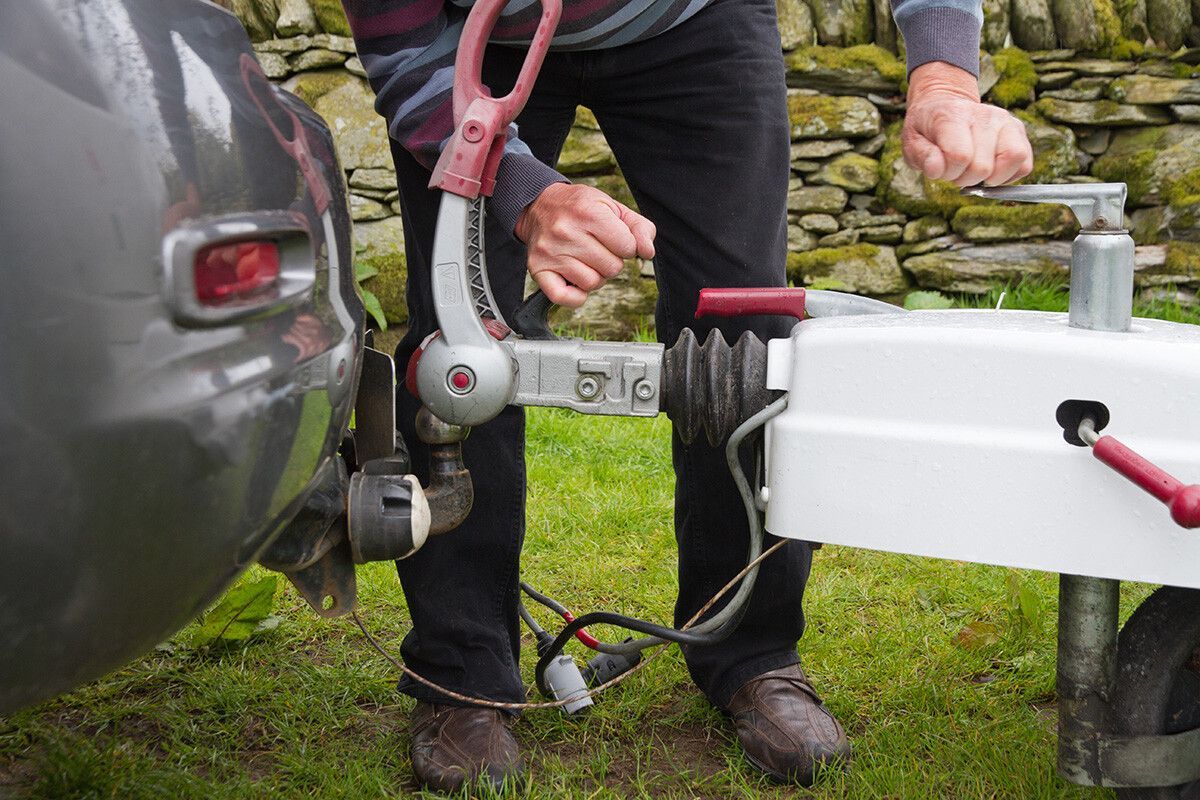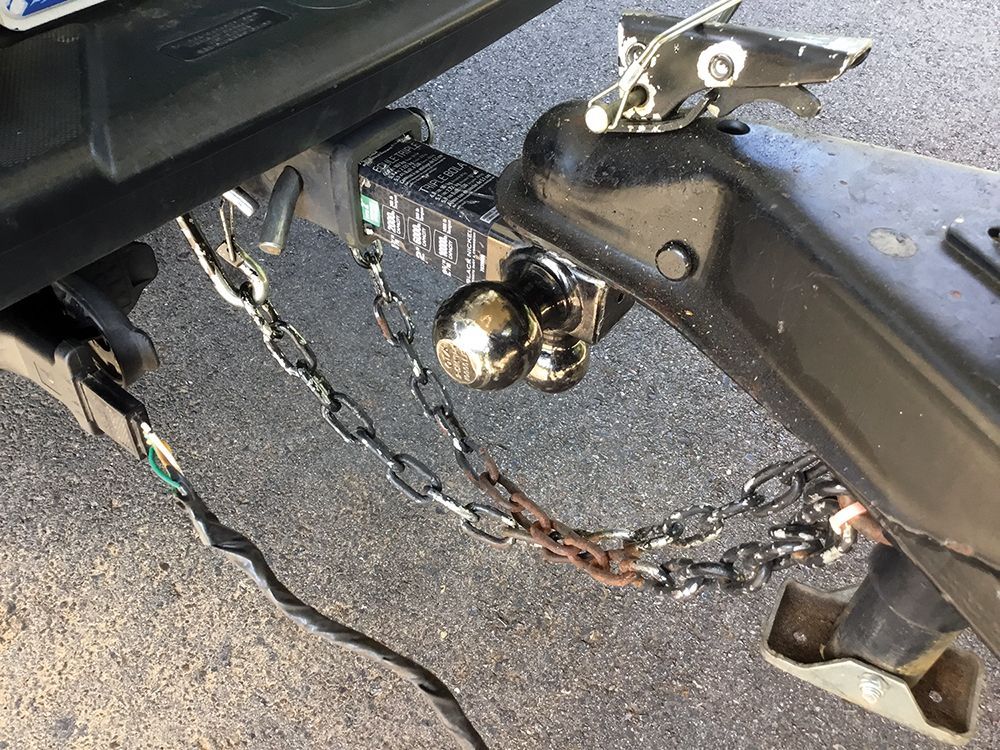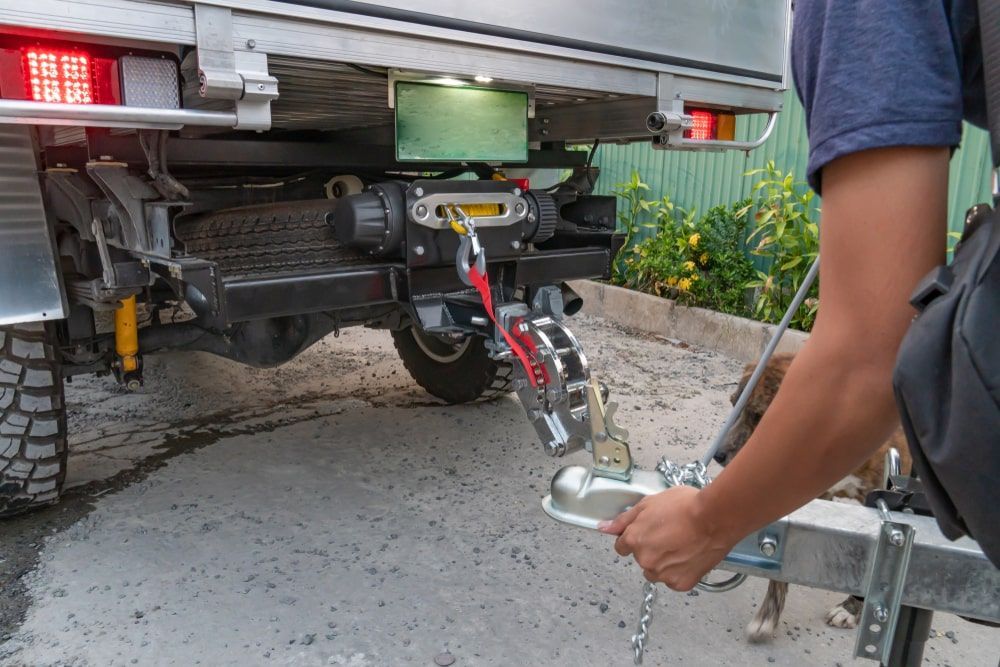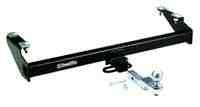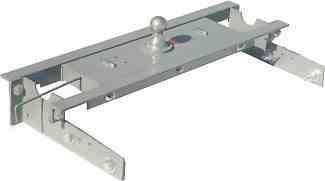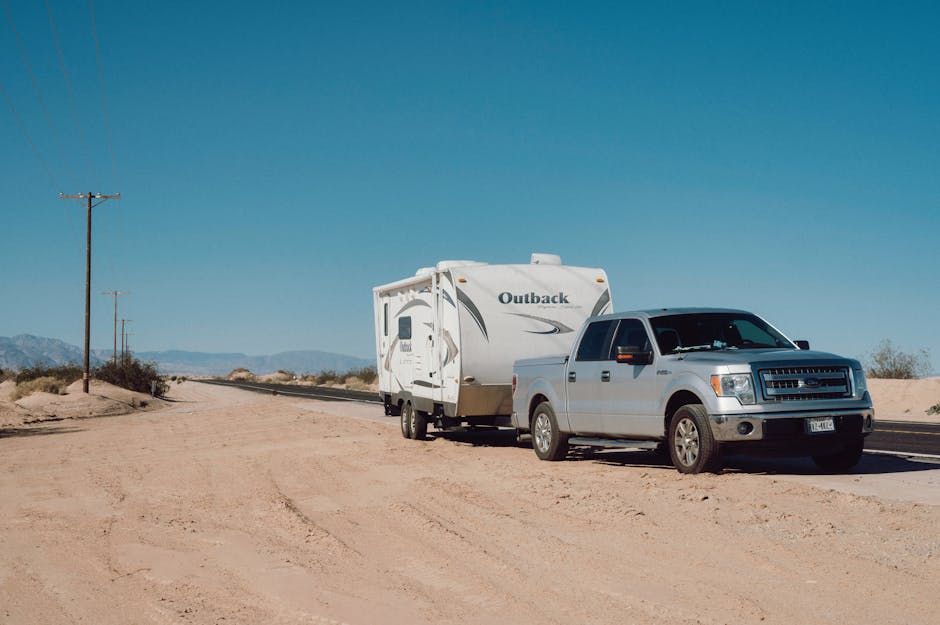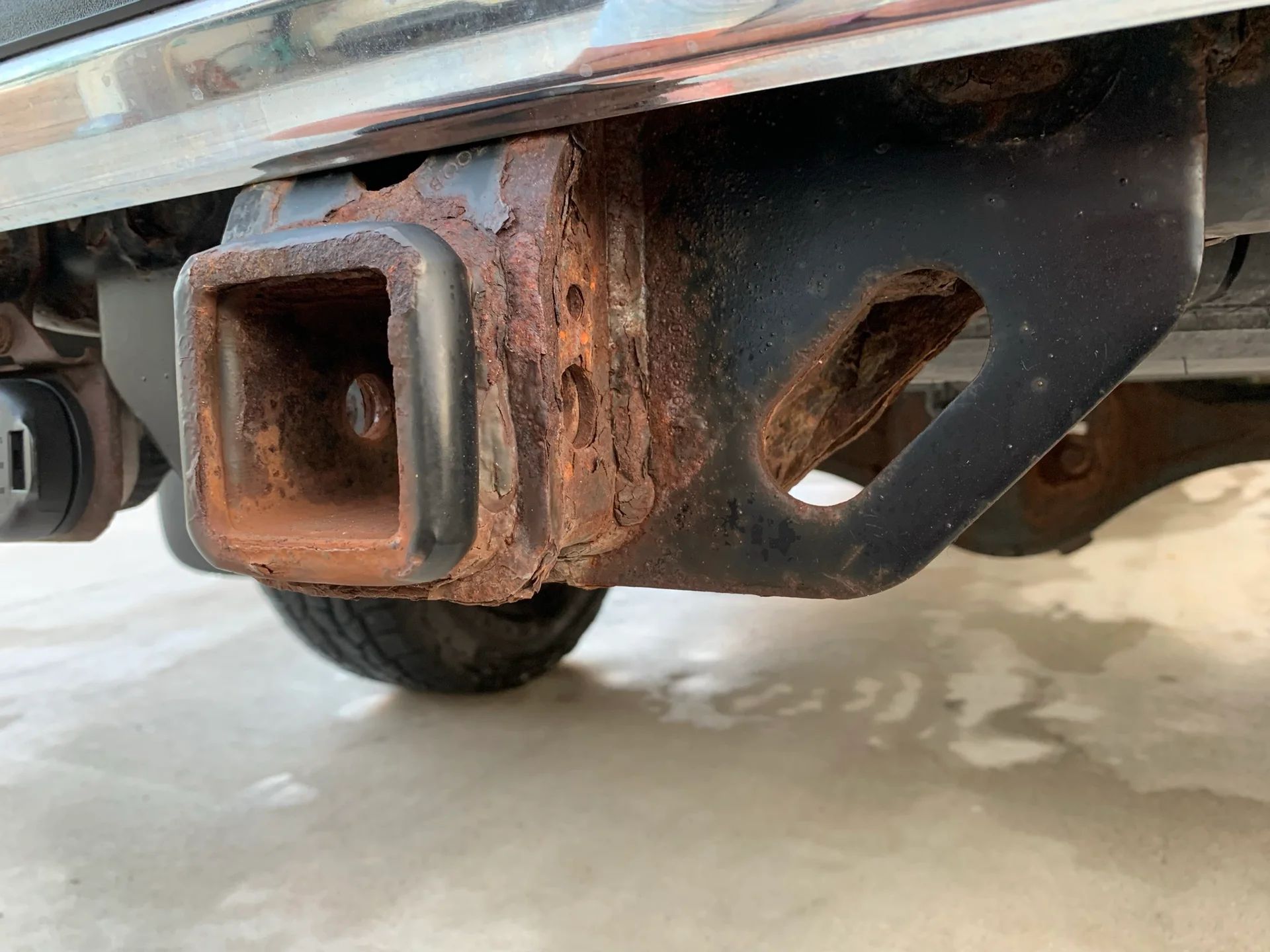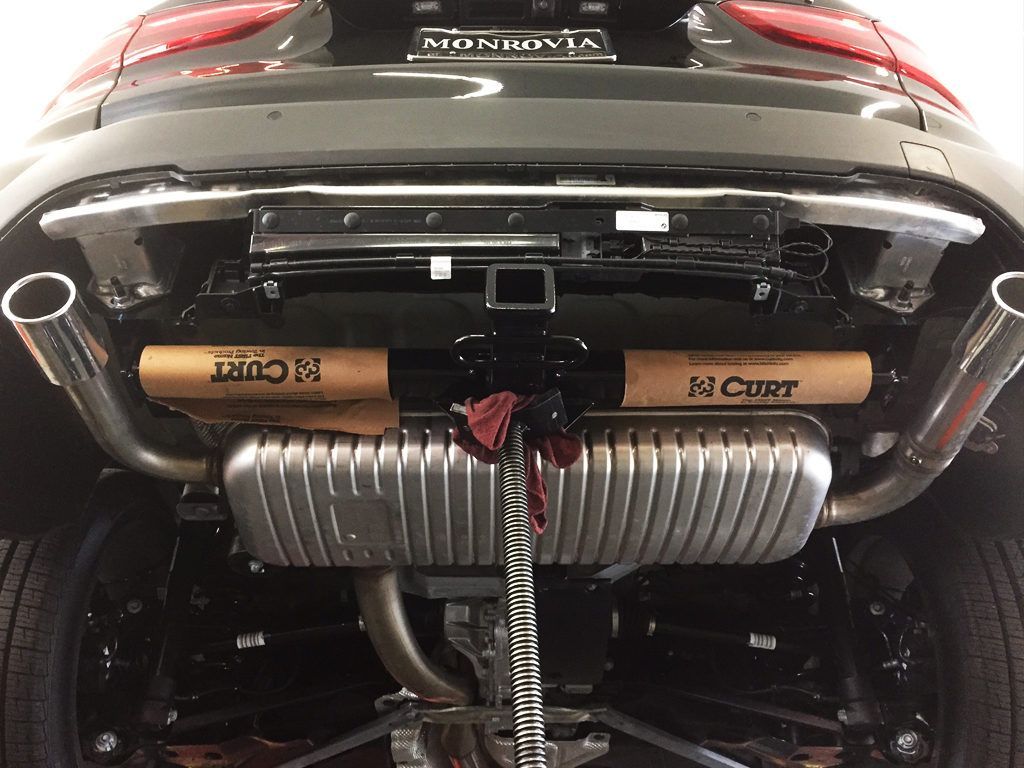When considering how much does a tow hitch installation cost, there are several factors to keep in mind. At The Hitch Corner, with multiple locations across Colorado, we've been serving the community for over three decades, helping outdoor enthusiasts like John in Denver make informed decisions.
Typical cost factors include:
- Vehicle Type: Costs can vary based on the make and model of your truck or SUV.
- Hitch Class: Different classes such as Class I to Class V affect both compatibility and price.
- Installation Complexity: Simpler installations may take less time and labor compared to those needing specialized equipment or modifications.
If you're planning a trip to the Rockies, having the right towing capacity is essential. Understanding if your vehicle can handle the load is crucial, as exceeding these limits can lead to safety issues or damage. In Littleton, Colorado Springs, and other locations, we offer professional hitch installation options. This service ensures you’re equipped for everything, whether it’s a weekend trip or a cross-country journey.
How Much Does a Tow Hitch Installation Cost?
When exploring how much does a tow hitch installation cost, it's important to understand the variables that can affect pricing. At The Hitch Corner, with locations throughout Colorado, we aim to provide clarity on this topic for our community.
Average Cost and Price Range
On average, the cost of a tow hitch installation can range from $100 to $500. This wide range reflects the different types of hitches and vehicles involved. For instance, a simple Class I hitch installation on a compact car might be on the lower end, while a heavy-duty Class V hitch for a large truck can reach the higher end of the spectrum.
Vehicle-Specific Costs
The make and model of your vehicle play a significant role in determining the cost. For example, a Chevrolet Silverado 1500, known for its robust towing capacity, may require a more complex and costly installation compared to a standard passenger vehicle. In contrast, a Jeep Wrangler, with its unique design, might need specialized equipment, influencing the overall cost.
Local Expertise and Benefits
At our Aurora and Lakewood locations, we offer custom services to meet the specific needs of our Colorado customers. Whether you're gearing up to tow a boat to Chatfield State Park or planning a camping trip in the Rockies, our team ensures your hitch is installed safely and correctly.
We also provide same-day installation services at our Aurora location, making it convenient for those last-minute plans. This service not only saves time but also guarantees that your vehicle is road-ready for any trip.
For more information on the types of hitches available, check out our Types of Trailer Hitches guide. And if you're unsure about your vehicle's towing capacity, our Guide to Hitch Classes in Colorado can help you make an informed decision.
We invite you to visit any of our locations, including Littleton and Colorado Springs, for a personalized consultation and to learn more about our installation options.
Types of Trailer Hitches
Choosing the right trailer hitch is crucial for a safe and efficient towing experience. Let's explore the three main types: receiver hitches, fifth-wheel hitches, and gooseneck hitches. Each has unique features suited to different towing needs.
Receiver Hitches
Receiver hitches are the most common type and are versatile for many towing applications. They are typically mounted to the frame of the vehicle and come in various classes, from Class I to Class V, depending on the weight capacity.
- Class I and II: Ideal for light-duty tasks like towing small trailers or bike racks. Perfect for compact cars and SUVs.
- Class III and IV: Suitable for medium to heavy-duty towing, such as utility trailers or larger boats. Often used on trucks and larger SUVs.
- Class V: Designed for the heaviest loads, including large trailers and construction equipment. Best for heavy-duty trucks.
Receiver hitches are popular in Colorado, especially for those planning trips to destinations like Chatfield State Park or the Rocky Mountains. They offer the flexibility to attach a variety of towing accessories, making them a top choice for local trips.
Fifth-Wheel Hitches
Fifth-wheel hitches are designed for towing large trailers, such as RVs and campers. They are mounted in the bed of a pickup truck and provide a stable connection point, offering better maneuverability and weight distribution.
- Long Bed Trucks: Typically use a fixed fifth-wheel hitch, which is straightforward to install and provides a strong connection.
- Short Bed Trucks: Often require a slider hitch to prevent the trailer from hitting the cab during tight turns. This is essential for navigating Colorado's winding mountain roads.
Fifth-wheel hitches are a favorite among Colorado's RV enthusiasts, providing the stability needed for long road trips across the state's diverse landscapes.
Gooseneck Hitches
Gooseneck hitches are similar to fifth-wheel hitches but are typically used for towing livestock trailers or commercial equipment. They attach to a ball mounted in the truck bed, allowing for tight turns and a higher weight capacity.
- Stability and Versatility: Gooseneck hitches offer excellent stability, making them ideal for heavy loads. They are a common sight on Colorado's ranches and farms.
- B&W Gooseneck Hitch: Known for its reliability, this brand is popular among local towing experts for its robust design and ease of use.
These hitches are perfect for those in Colorado Springs and Sedalia, where agricultural and commercial towing needs are prevalent.
For more detailed information, you can explore our comprehensive Guide to Towing & Trailer Hitch Installation. This resource will help you understand which hitch is best suited for your vehicle and towing requirements.
We encourage you to visit our Littleton or Arvada locations to speak with our experts. They can help you choose the perfect hitch for your next Colorado trip.
Factors Affecting Installation Cost
When considering how much does a tow hitch installation cost, understand that several factors can influence the overall price. Let's break down these factors to help you make an informed decision.
Vehicle Model
The make and model of your vehicle play a significant role in determining installation costs. Some vehicles come with pre-drilled holes and straightforward access points, making the installation process quicker and cheaper. Others might require more intricate work or additional modifications, which can drive up labor costs.
- Compact Cars and SUVs: Typically have easier access for hitch installation, resulting in lower labor costs.
- Trucks and Larger SUVs: May require more robust hitches and additional reinforcements, potentially increasing the cost.
- Luxury Vehicles: Often need special considerations to maintain aesthetic appeal, possibly leading to higher costs due to custom work.
Hitch Type
The type of hitch you choose also impacts the installation cost. Different hitches require varying levels of expertise and time to install.
- Receiver Hitches: Generally the most affordable option, especially for light-duty towing. Installation is straightforward for most vehicles.
- Fifth-Wheel and Gooseneck Hitches: These are more complex to install, often requiring modifications to the truck bed. They are typically more expensive due to the labor involved.
Installation Complexity
The complexity of the installation can vary based on the specific requirements of your vehicle and the hitch type.
- Simple Installations: Involve straightforward attachment to existing mounting points. These are quicker and less costly.
- Complex Installations: May require drilling, wiring, or removal of parts like the exhaust system. These factors increase both the time and cost of installation.
For example, a basic receiver hitch on a standard SUV might take only an hour or two, while a gooseneck hitch on a pickup could take several hours due to the need to modify the truck bed and ensure proper clearance.
Local Expertise
Choosing a local expert like The Hitch Corner in Littleton, CO, can also influence costs. With over 20 years of experience serving the Colorado community, our team can offer efficient installations custom to local needs. Our familiarity with Colorado's towing requirements and terrains ensures that you get the best service possible.
For more insights on choosing the right hitch and understanding installation costs, don't hesitate to contact our experts at any of our Colorado locations. We’re here to help you get road-ready for your next trip, whether you're heading to the Rockies or exploring the scenic routes of Colorado.
DIY vs. Professional Installation
When it comes to installing a tow hitch, you have two main options: doing it yourself (DIY) or hiring a professional. Each approach has its pros and cons, and the right choice depends on your budget, skill level, and time availability.
DIY Savings
Opting for a DIY installation can save you money on labor costs. If you're handy with tools and have some mechanical know-how, you might find this option appealing. You'll need essential tools like a socket set, torque wrench, and jack stands. Some installations may also require a drill or wire brush, as noted in the Hitch Corner's comprehensive guide.
- Pros: Cost-effective if you already have the necessary tools. You can work at your own pace and learn new skills.
- Cons: Time-consuming, especially if you're new to hitch installations. Mistakes can lead to safety issues.
Professional Benefits
Hiring a professional installer offers several advantages, particularly if you're short on time or unsure about handling the installation yourself. Professionals have experience working with various vehicle models and hitch types, ensuring a secure and safe installation.
- Pros: Quick and hassle-free. Professionals can often complete the job in 30 minutes to 2 hours, depending on complexity. They also ensure proper alignment and safety checks, reducing the risk of towing issues.
- Cons: Higher upfront cost due to labor fees. However, the peace of mind and time saved can be worth the investment.
For instance, customers at The Hitch Corner have praised the quick and friendly service, highlighting professional installations that took less time than anticipated and were done to high standards. Matt Madsen, who had a hitch installed on his Ford Escape, said, "Very quick and friendly service. Job well done. Highly recommend."
Installation Time
The time it takes to install a tow hitch can vary significantly. A straightforward receiver hitch on a common vehicle might take as little as 30 minutes. In contrast, more complex hitches like fifth-wheel or gooseneck installations can take several hours due to the need for modifications.
Whether you choose DIY or professional installation, understanding the time commitment is crucial. If you're in a hurry, professional services at local shops like The Hitch Corner in Littleton, CO, can ensure you're ready for your next trip without delay.
In summary, both DIY and professional installations have their merits. If you're confident in your skills and have the time, DIY can be a rewarding experience. However, for those who prefer a guaranteed, hassle-free process, professional installation is the way to go.
For more information, visit our services page or contact any of our Colorado locations. We're here to help you choose the best option for your needs, ensuring a safe and reliable towing setup.
Frequently Asked Questions about Tow Hitch Installation
How long does it take to install a tow hitch?
The time required to install a tow hitch can vary based on several factors. Generally, a simple installation on a standard vehicle might take anywhere from 30 minutes to 2 hours. However, if you're dealing with more complex setups like fifth-wheel or gooseneck hitches, expect the process to take longer due to additional modifications required.
Vehicle-specific considerations also play a role. For instance, some trucks might require lowering the spare tire or temporarily removing the exhaust system to access mounting points. This is why professional installers, like those at The Hitch Corner in Boulder, CO, can often complete the job more efficiently, thanks to their experience with various vehicle models and hitch types.
Can I install a trailer hitch by myself?
Yes, you can install a trailer hitch yourself, but it requires the right tools and some mechanical know-how. For a DIY installation, you'll need a socket set, torque wrench, and jack stands. Additional tools like a drill or wire brush might be necessary depending on your vehicle's specific requirements.
Safety considerations are crucial. Ensure you have a safe workspace with proper lighting and no trip hazards. Follow the manufacturer's instructions closely, paying attention to torque specifications and wiring guidelines. For those in Denver, Colorado, who enjoy hands-on projects, DIY installation can be a cost-effective way to add towing capability to your vehicle. However, mistakes can lead to safety issues, so proceed with caution.
Is it worth it to install a trailer hitch?
Installing a trailer hitch is a valuable investment for many vehicle owners. It improves your vehicle's towing capability, allowing you to haul trailers, bikes, or cargo carriers, which is particularly beneficial for outdoor enthusiasts in areas like Thornton, CO. A trailer hitch can also increase your vehicle's versatility and resale value.
Towing benefits include the convenience of transporting larger items and the ability to take on spontaneous trips, such as trips to the Rocky Mountains or local Colorado parks. For those who frequently tow, investing in a high-quality hitch and professional installation ensures safety and reliability on the road.
Whether you choose a DIY approach or professional installation, adding a trailer hitch to your vehicle opens up a world of possibilities, making it a worthwhile improvement for many drivers. If you have more questions or need assistance, visit The Hitch Corner's services page or stop by one of our Colorado locations for expert advice.
Conclusion
At The Hitch Corner, we pride ourselves on delivering exceptional service and ensuring our customers leave satisfied. With over 50 years of experience serving the Littleton and greater Metro Denver area, we have become a trusted name for all your towing needs. Our professional-grade installations come with a 12-month/12,000-mile warranty, covering the workmanship of our services, so you can drive away with confidence.
Our commitment to customer satisfaction is reflected in our 4.8/5 rating, a testament to the quality and reliability of our services. We understand the importance of a properly installed tow hitch, which is why we offer personalized solutions custom to your specific vehicle and towing requirements. Whether you're planning a weekend getaway to the Rocky Mountains or need to transport equipment across town, our team is here to ensure your towing setup is safe and efficient.
For those considering a tow hitch installation, we invite you to explore our trailer hitch options and find how we can improve your vehicle's capabilities. Visit one of our Colorado locations, from Arvada to Thornton, and experience the expert service and local knowledge that sets us apart. Stop by today, and let us help you get road-ready for your next trip!
The Hitch Corner:
10677 W. Centennial Rd. Suite 103
Littleton, CO 80127
We're here to answer any questions and provide the guidance you need for a successful tow hitch installation. Your satisfaction is our top priority, and we look forward to serving you!
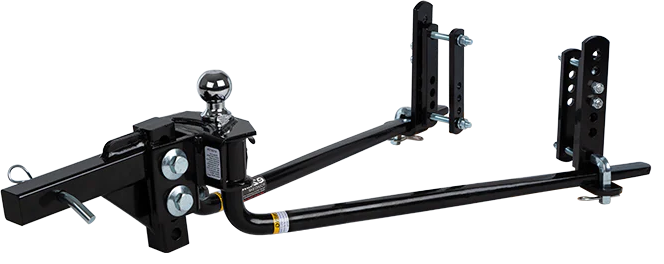
WE WON'T LEAVE YOU HANGING ON INSTALLATION.
Explore an extensive range of essential products for cars, SUVs, and trucks, featuring items that cater to both style and functionality,
including versatile cargo carriers suitable for roof and trailer hitch setups.
OUR CUSTOMERS LOVE US

We needed to swap our hitch mount and ball but were unsure exactly what we needed. The two men working were extremely helpful in pointing out what we needed and even helped us swap the hitch despite them being about to close. Great service!!
Allison Safko

Very quick and friendly service. Hitch installed on a Ford Escape for an upcoming move – took less time than anticipated and job well done. Highly recommend.
Matt Madsen

This place is great. Knowledgeable and super fair on prices. Got a break controller here and it worked out of the box. People here know their stuff. Way better than going to Uhaul.
James Olsen
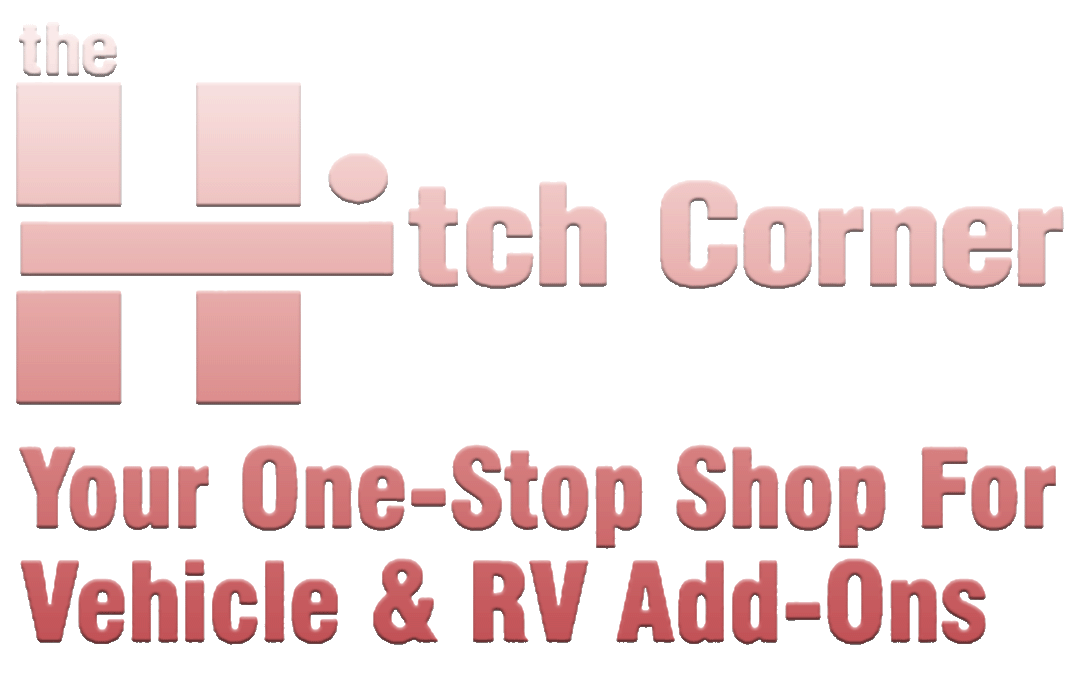
CONTACT US
Hitch Corner (Littleton)
Phone:
(303) 904-1558
Email:
info@hitchcorner.com
Address:
10677 W. Centennial Rd. Suite 103 Littleton, CO 80127
BUSINESS HOURS
- Mon - Fri
- -
- Sat - Sun
- Closed
All Rights Reserved | Hitch Corner | Powered by Proshark
